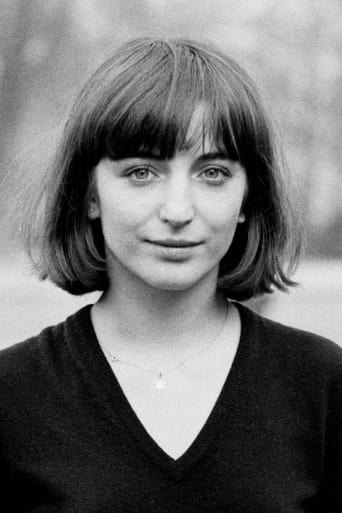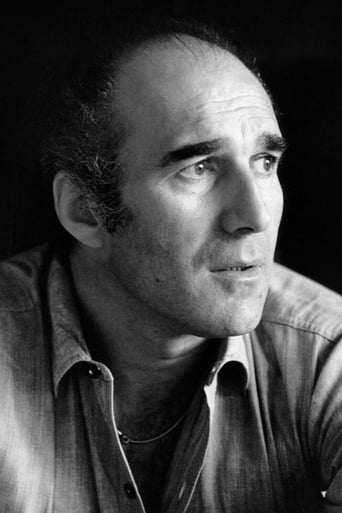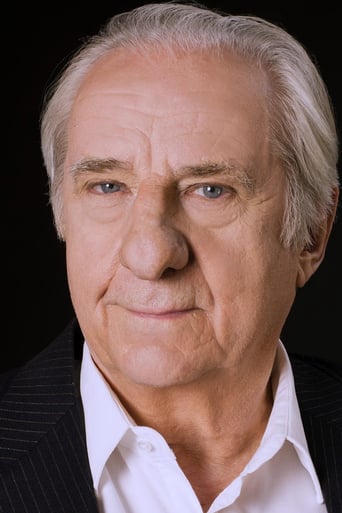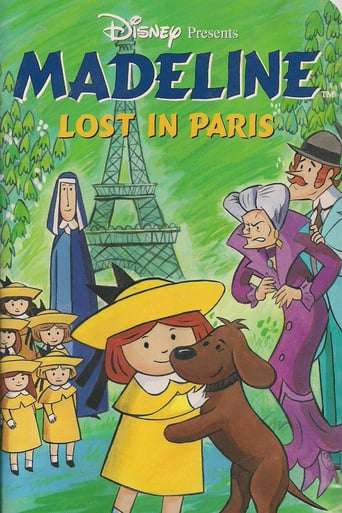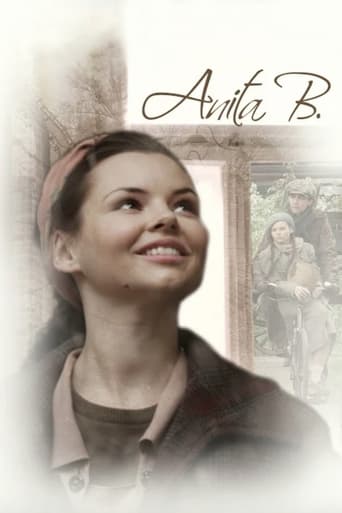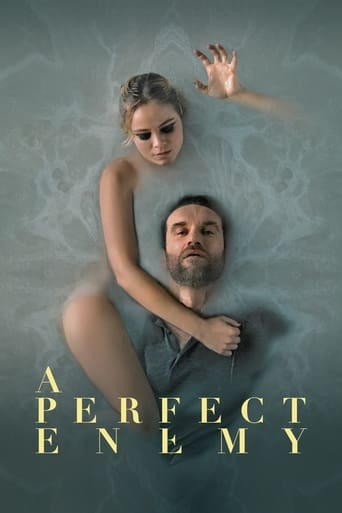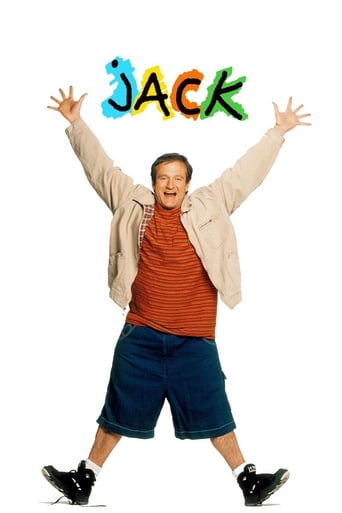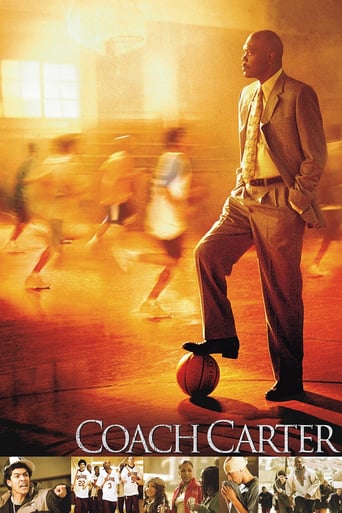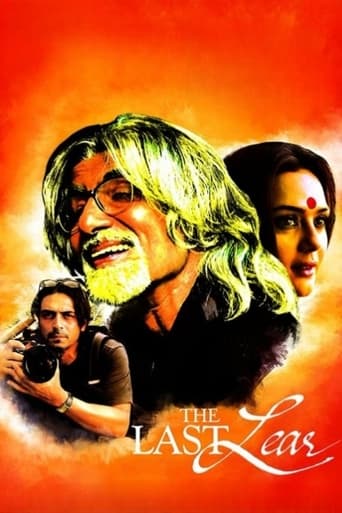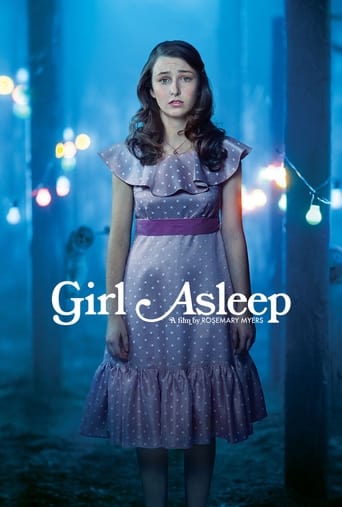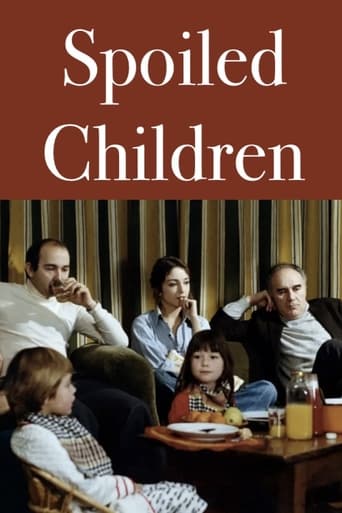
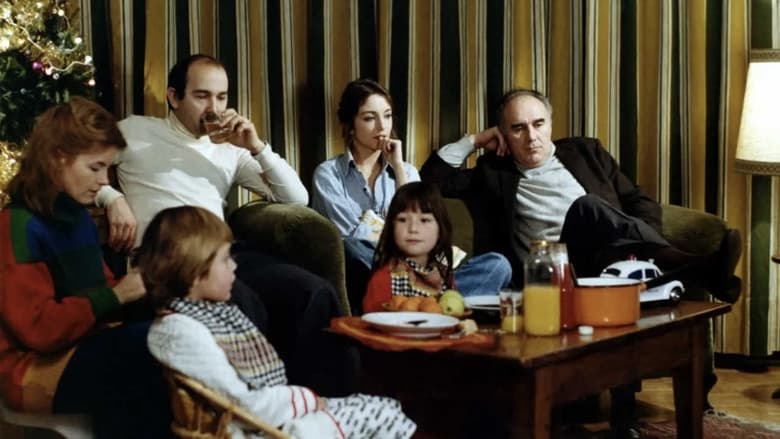
Spoiled Children (1977)
Successful writer/director Bernard Rougerie is at a creative dead end and decides to isolate himself from his wife in order to complete the script for his next film. Bernard moves into an apartment building whose tenants are in the midst of a revolt against their abusive landlord. Reluctant at first, he joins their cause and then becomes involved in an affair with young, unemployed resident Anne.
Watch Trailer
Cast


Similar titles
Reviews
The `spoiled' of the title is used in its various senses in the treatment written by director Bertrand Tavernier, actress Christine Pascal, and Charlotte Dubriel. The children treated by Catherine Rougerie (Arlette Bonnard) are spoiled because they have `blocked communication'. The tenants of the building where Catherine's writer/director husband Bernard (Michel Piccoli) resides for work purposes are spoiled as they are abused by their landlord. Bernard in his relationship with the unemployed tenant Anne (Pascal) is spoiled since the affair is an indulgence, where he `risks nothing'. Bernard moving to the unit to work is not an overt comment on his marriage, it is just a way of working, and the affair with Anne is more convenient than passionate, at least for him. This, and Anne's situation determine the finite nature of their love. And although the Tenants Defence Committee action brings Anne to Bernard, it and Catherine's teaching and even the film Bernard is writing remain sub-plots, to the affair.Tavernier also does not present the lovers equally - Piccoli is barely in the love scenes, the most we see is his bare chest with an undone shirt, whereas Pascal is exposed in full frontal nudity. Pascal's gallic urchin child quality, with eye-lined eyes and submissive posture, could recall someone like Audrey Hepburn if the director were interested in presenting her as attractive. However the screenplay's association of love with death and knives and rust clues us into Tavernier's stance. Anne is like the other sad Parisians who are seen in vista as La Traviata plays on the soundtrack.Although Tavernier's view of urban ugliness is a nice change to his Renoir-ish representation of rural beauty, his films always read as too long. Here he uses hand-held and subjective camera, natural lighting, and a narration which comes from nowhere. The only redeeming qualities are Piccoli's angry outbursts which are funny, Anne throwing food in response to her ex-boyfriend's arrogance, and spotting Isabelle Huppert's cameo.


